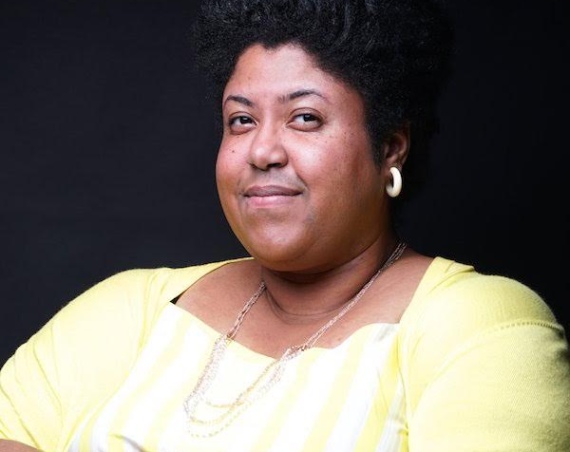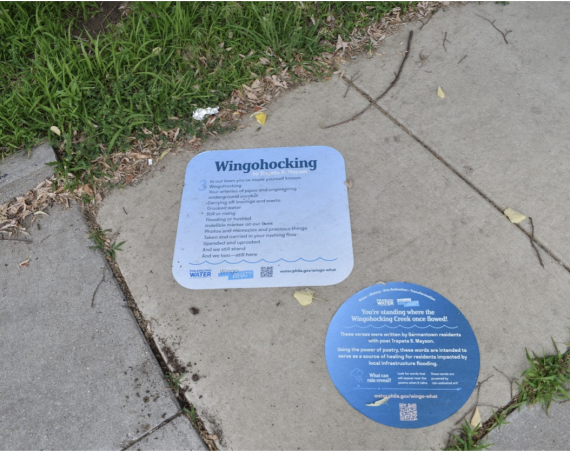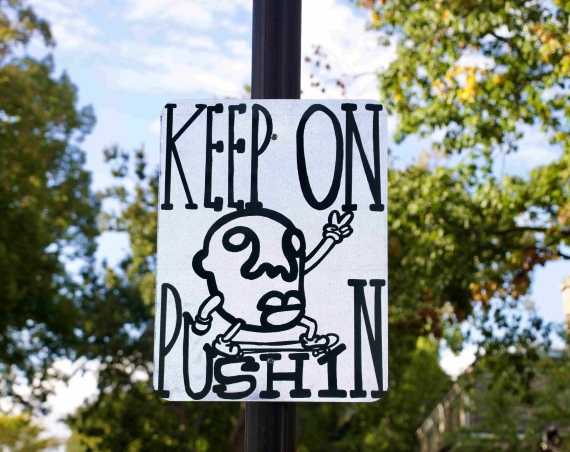The group meets twice a month at the Joseph E. Coleman Library.
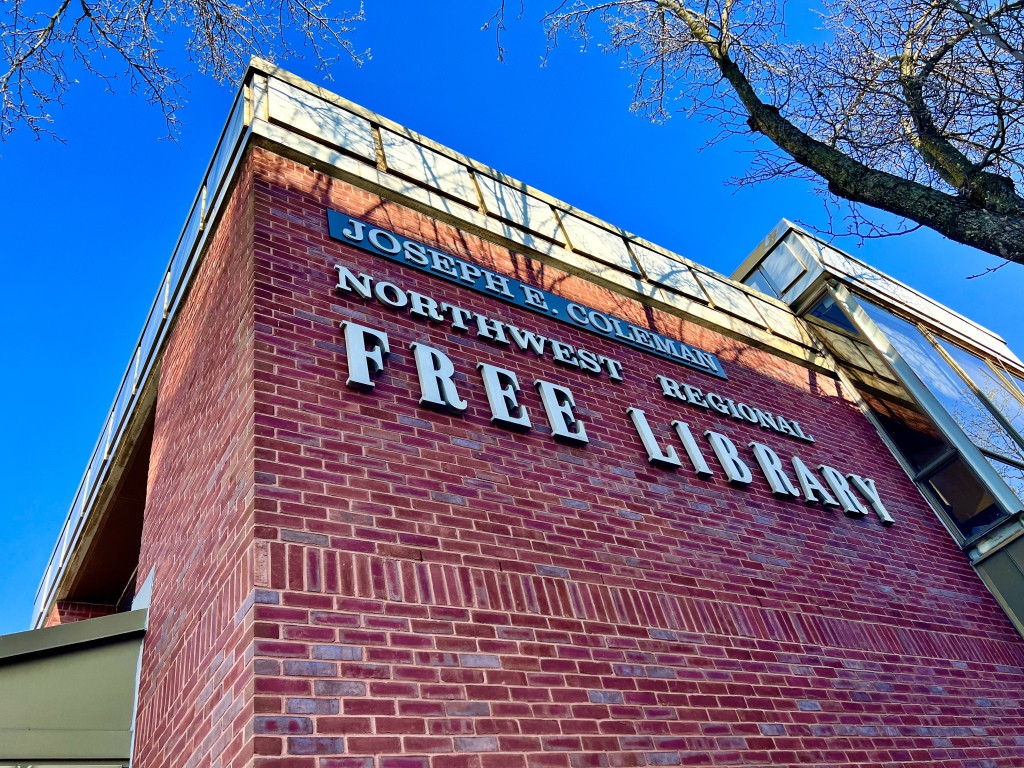
The Grands and Elders Learning Circle is a recent grassroots initiative in Germantown that recognizes the vital role of grandmothers in shaping the future. The group’s main objective is establishing a network of elder circles throughout Philadelphia to support young people’s academic and life success.
This group is a part of a bigger coalition called the Grandmother Collective (GC), which aims to highlight the importance of grandmothers as unique and valuable contributors to social change. They strive to empower grandmothers and older women with the necessary tools and resources to utilize their wisdom, experience, insights, and contributions to make a positive impact globally.
While this is a larger network, the smaller initiatives carry out their own lines of work. Co-founder of the GC Lynsey Farrell shared examples of how one of the collective’s Detroit partners is dedicated to supporting grandmothers raising their grandchildren, while in Chicago, they work to improve mental health support in schools. The bottom line is that no matter the location or issue, the grandmothers feel empowered to bring about social change.
“The older women benefit from feeling useful and like they’re making a difference and playing the role that they’re supposed to be playing in society,” Farrell shares. “And then, of course, our children are going to benefit from this. We have lost generations. We see lost generations, and this is a chance to try to fix that.”
Farrell is also one of the co-founders of the local initiative. She came to Philadelphia in 2019, moving to the Mt. Airy section of the city, and came from a background in Cultural Anthropology focusing on sub-Saharan Africa.
She shares more about the initiative, saying, “The older women benefit from feeling useful and like they’re making a difference and playing the role that they’re supposed to be playing in society. And then, of course, our children are going to benefit from this.”
Toya Algarin is the other founder of the local movement and the “lead grandmother.” She’s a Philadelphia native of West Oak Lane, a mother of three, and a “Gigi”—gorgeous grandma”— of seven. She’s an education advocate, having served on the board of KIPP Schools for the past nine years, and works at Lingelbach Elementary.
Their friendship and partnership start where Algarin works, which is where Farrell’s daughter attends and Algarin works. Farrell recalls the humorous yet soon-to-be-transformative moment: “She stopped me, as Gigi does, to say, ‘She listens to me.’ She’s pointing at my daughter. She says she listens to me. And I said, ‘Oh, good! Somebody make her listen to them, please! And it’s been a delight for me.”
For Farrell, the connections with Algarin and the countless and “usually Black” women like her have significantly impacted her as a woman raising a biracial daughter. By witnessing the special social abilities of these grandmothers in action, Farrell learned the secrets of Algarin and other older women — it’s ”because [they’re] grandmas.”
Farrell uses Algarin as a model for this work and gives her social flowers, saying, “You’re living proof of this hypothesis that we have — that older women are uniquely powerful. That they really can just get into spaces that other people can’t. They can do so in this incredibly innocuous way, and at the same time, you walk away feeling changed.”
When asked about grandmothers’ social superpowers, Algarin reveals hers, saying, “I don’t care.” She says, “Some stuff needs to be said. And it’s like the elephant in the room, and a lot of people want to dance around the problem. I’m just going to say it.”
“I only got but a certain amount of time. I’m overtime, you know what I mean,” Algarin laughs, putting the perspective of the age to her carefree attitude. “I just am who I am at 60.”
Together, Algarin and Farrell formed the bi-weekly learning circle where older women can empower each other by sharing ideas to help improve the future, be problem solvers, and remember their strengths and visibility.
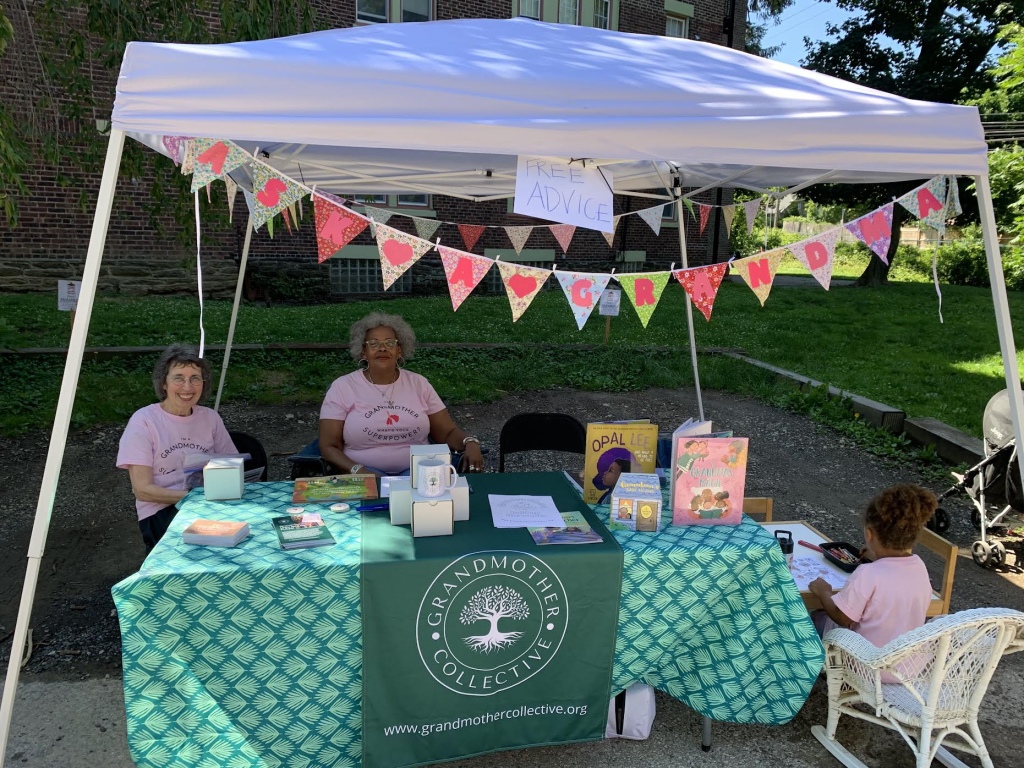
Farrell shares one idea that one of the grandmothers already generated: “We already have 93-year-old Joanne that wants to do literacy training for grandmothers and then bring them in to support reading skills development in schools.”
Still, in the early stages, Algarin and Farrell have ideas for what they’d like to see. For Farrell, that means having “something in place that puts grandmothers in schools” by next fall, as she foresees a tutoring program. For Algarin, that could be parent training that “helps parents or grandmothers advocate for their child in a school.” Some of these outcomes might include developing a relationship with a teacher or how to read PSSA scores.
The learning circles meet every second and fourth Wednesday of each month at the Joseph E. Coleman library, which Algarin finds useful because it’s another way to meet the community where they’re at with the potential to connect them with resources.
“A lot of these liberties we take for granted, like internet access [or printing],” Algarin says. “Some of these grandmas might not have Internet access, but right here, those folks are in here filling out maybe a job application or trying to find out about food stamps or trying to find these resources on the library’s computer because they have Internet service.”
Farrell shares how folks can get involved, saying, “We will always be at the library, and we would like that to be just a place for brainstorming, a place for connection. A place for fellowship in the non-religious way of thinking about it.” For folks who want to learn more about the Grandmother Collective more widely, visit www.grandmothercollective.org.
There is also an upcoming workshop on May 16, from 2 to 4 p.m., via Zoom. Elders will explore their unique roles, followed by a hands-on asset mapping session to identify community resources. Participants will then begin to brainstorm action plans. Folks can register in advance here.
“For us by us all. Period,” Algarin shares, giving the final sentiment. “I just want to build a community where if there’s a school having problems with their children reading that we could give some hope. And it’s all about hope, too. It’s all about hope.”

